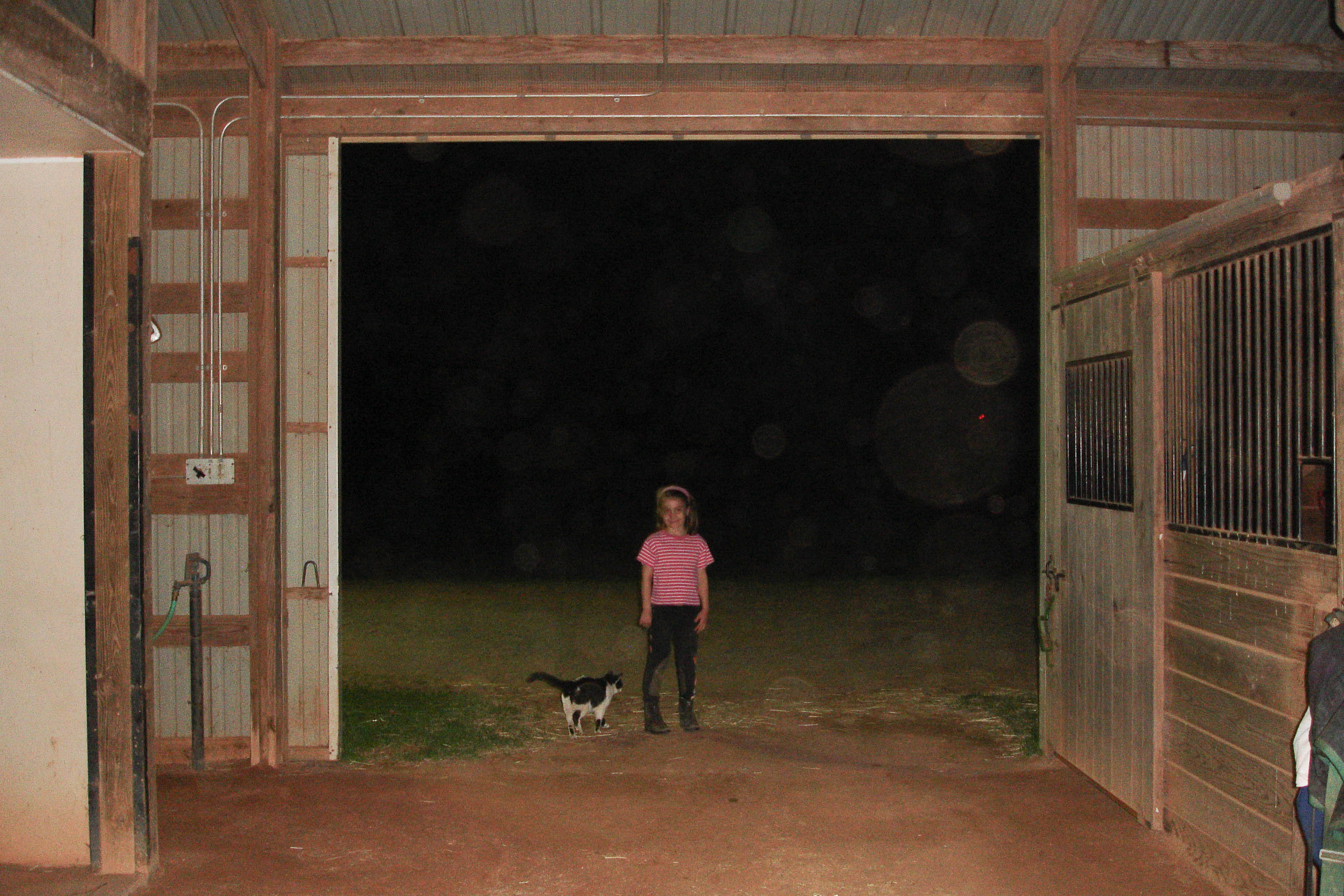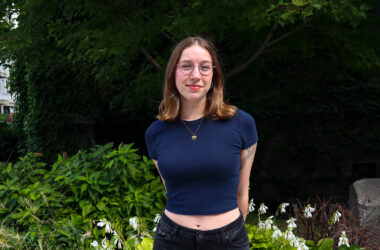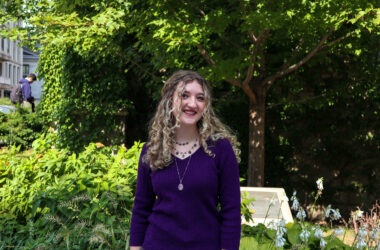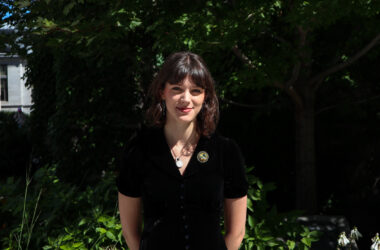I’ll admit it: I like country music. Call me what you want, but Josh Turner’s “Would You Go With Me” and Tim McGraw’s “Just to See You Smile” will always make me feel some type of way.
Though a lot of the newer music can be painful to listen to, I still find comfort in country songs from the 2000s—give me Rascal Flatts any day. Growing up in Maryland, I spent many hours with my mom in the rural countryside. We would drive down bumpy, narrow roads to go ride horses together, and even ran a little barn that my mom let seven-year-old me name “Everything Fancy Farm.” As a child, my favorite pastimes were mucking stalls and playing with barn cats in the company of my mom. Country music was the soundtrack for that time with her.
After hours passed at the barn surrounded by dust and animals, there would usually be a plate of Lebanese food waiting for us at the dinner table when we got home. My dad immigrated to the US when he was 25, leaving a war-torn Lebanon in search of better opportunities. When my brother and I were growing up, he made sure that his culture was a part of our lives, despite living thousands of miles away from the Middle East. My dad’s homemade hummus and kibbeh were my favorite foods, and Arabic music always played faintly in our living room. I would sing along to the music my dad played, like the iconic Fairuz or Kazem Al Saher, the same way I would to country music with my mom—except I didn’t understand the lyrics that I was belting out.
The time I spent surrounded by farriers, barn-hands and riders gave me an appreciation for a different pace of life in rural Maryland. My American mom taught me to enjoy country music just as much as getting my hands dirty. My dad never understood what was so great about driving an hour to a little barn only to come back smelly and exhausted, but he did teach me how to enjoy a soccer game, crack a good joke, and be proud of my Lebanese identity. He told me stories of his experiences in his beloved Lebanon and as an immigrant in America, and always encouraged me to think beyond a Western perspective as much as possible. Both of my parents taught me that I can appreciate America as my home while still acknowledging its flaws.
Seeing my parents navigate their cultural differences and learn from one another while doing so was all I ever knew. When I was little, I was used to it, but as an adult, I realize how special it was. My mom learned Arabic so she could speak with my dad’s parents, and my dad even took up horseback riding for a few years before he came to his senses. Even now, family dinners often include some sort of debate that reminds me of their different upbringings. There is a constant cultural exchange between my parents, and witnessing it was a formative influence on how I interact with other cultures in my life. Their celebrations of their respective cultures made me embrace my own personal mixture of the two; during my childhood, I loved that I looked Arab and could act like a country girl, too.
At special moments, my parents’ contrasting cultures blend magically. One summer night during a recent trip to Lebanon, my cousins and I drove through the mountains near my dad’s hometown. We rolled the car windows down and blasted country music, to all of our enjoyment. It felt like a beautiful intersection of two cultures that I love. Now, from time-to-time in Montreal, I’ll play my favorite Lebanese songs for my friends. Nothing makes me happier than seeing them get up to dance along.







